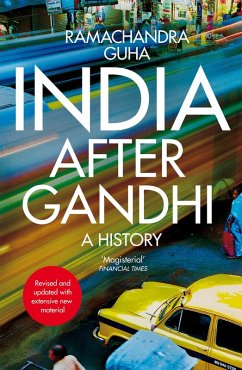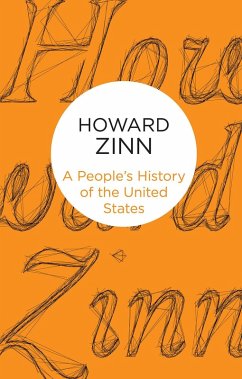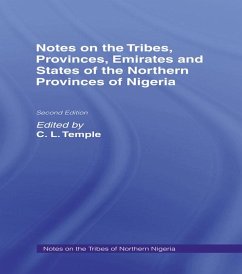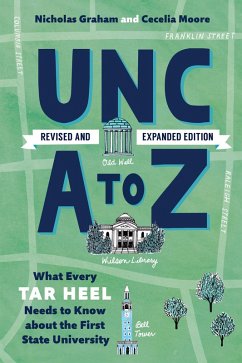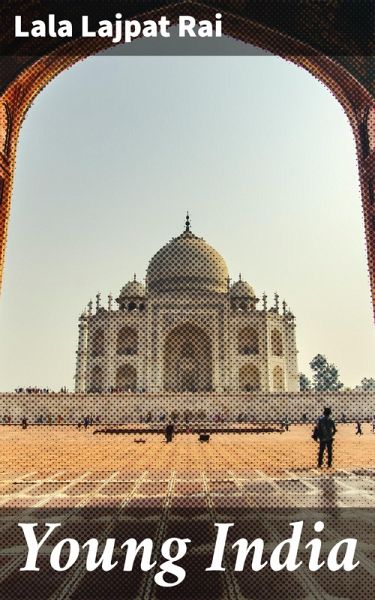
Young India (eBook, ePUB)
An interpretation and a history of the nationalist movement from within

PAYBACK Punkte
0 °P sammeln!
In "Young India," Lala Lajpat Rai presents a compelling manifesto that articulates the aspirations and grievances of the Indian populace during the early 20th century. Written in a concise yet impassioned style, the book is infused with a sense of urgency, reflecting Rai's deep commitment to social and political reform. He critiques British imperialism while championing self-rule, weaving together his thoughts on nationalism, societal rejuvenation, and the need for educational reform. The text serves as a critical commentary on contemporary issues, making it a vital part of the Indian independ...
In "Young India," Lala Lajpat Rai presents a compelling manifesto that articulates the aspirations and grievances of the Indian populace during the early 20th century. Written in a concise yet impassioned style, the book is infused with a sense of urgency, reflecting Rai's deep commitment to social and political reform. He critiques British imperialism while championing self-rule, weaving together his thoughts on nationalism, societal rejuvenation, and the need for educational reform. The text serves as a critical commentary on contemporary issues, making it a vital part of the Indian independence movement's literary context. Lala Lajpat Rai, a prominent freedom fighter and political leader, dedicated his life to advocating for Indian rights and empowerment. Born into a politically conscious family, he was profoundly influenced by the socio-political struggles around him, which inspired him to write this powerful piece. His experiences in the national movement, combined with his exposure to Western thought during his studies, shaped his vision for a modern and self-sufficient India. "Young India" is essential reading for anyone interested in the history of the Indian freedom struggle and the evolution of nationalist thought. Rai's eloquent articulation of India's hopes and dreams provides not only historical insights but also inspires contemporary readers to reflect on the ongoing quest for justice and equality. This book is a rallying call that resonates with today'Äôs social movements, making it both relevant and enriching.
Dieser Download kann aus rechtlichen Gründen nur mit Rechnungsadresse in A, B, BG, CY, CZ, D, DK, EW, E, FIN, F, GR, H, IRL, I, LT, L, LR, M, NL, PL, P, R, S, SLO, SK ausgeliefert werden.






